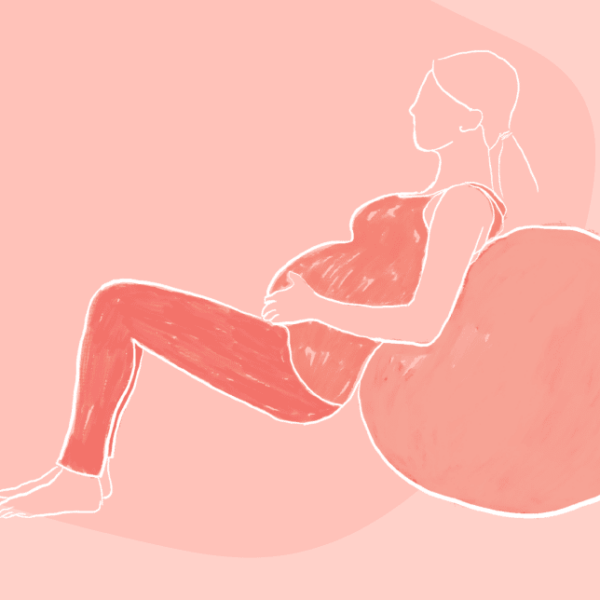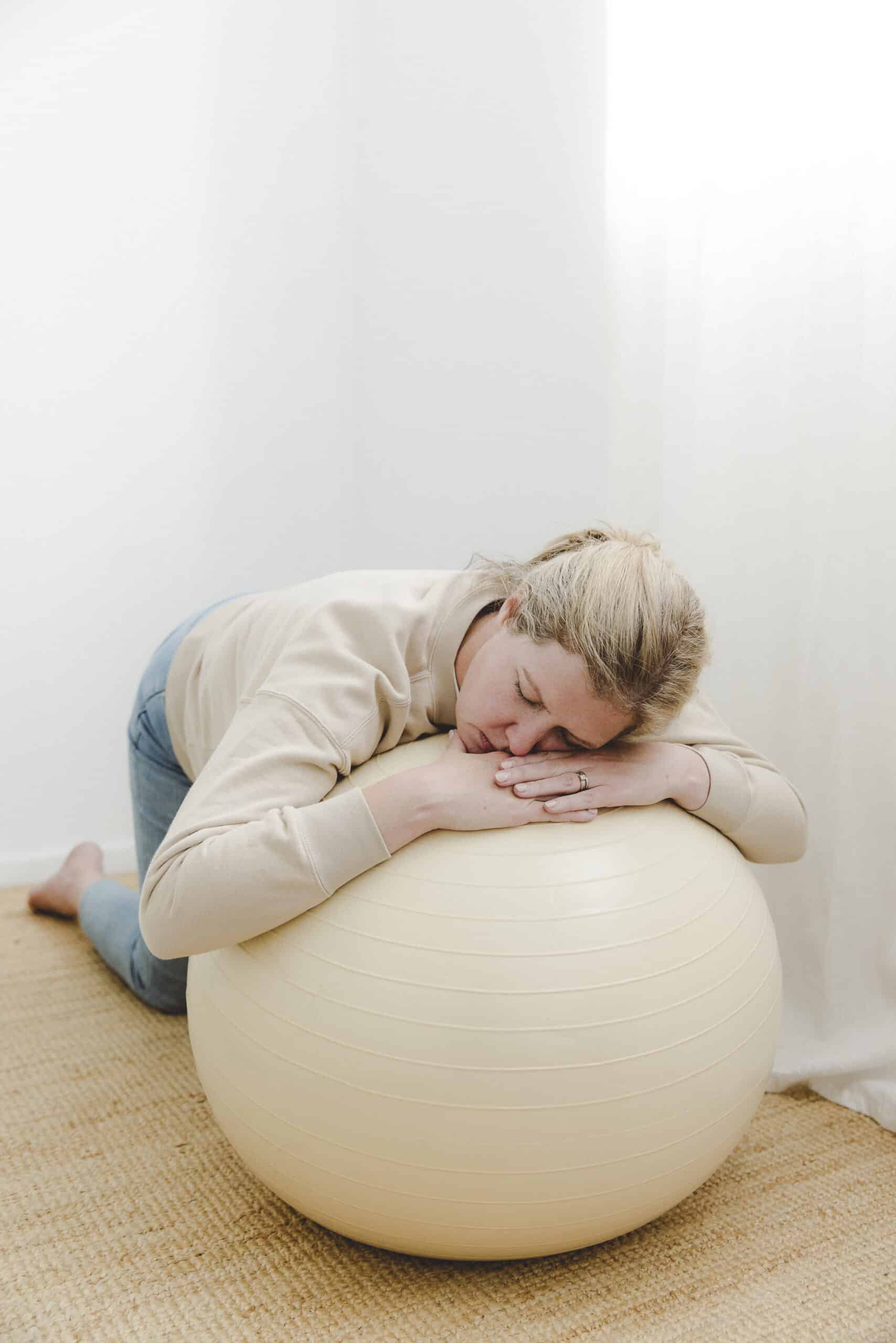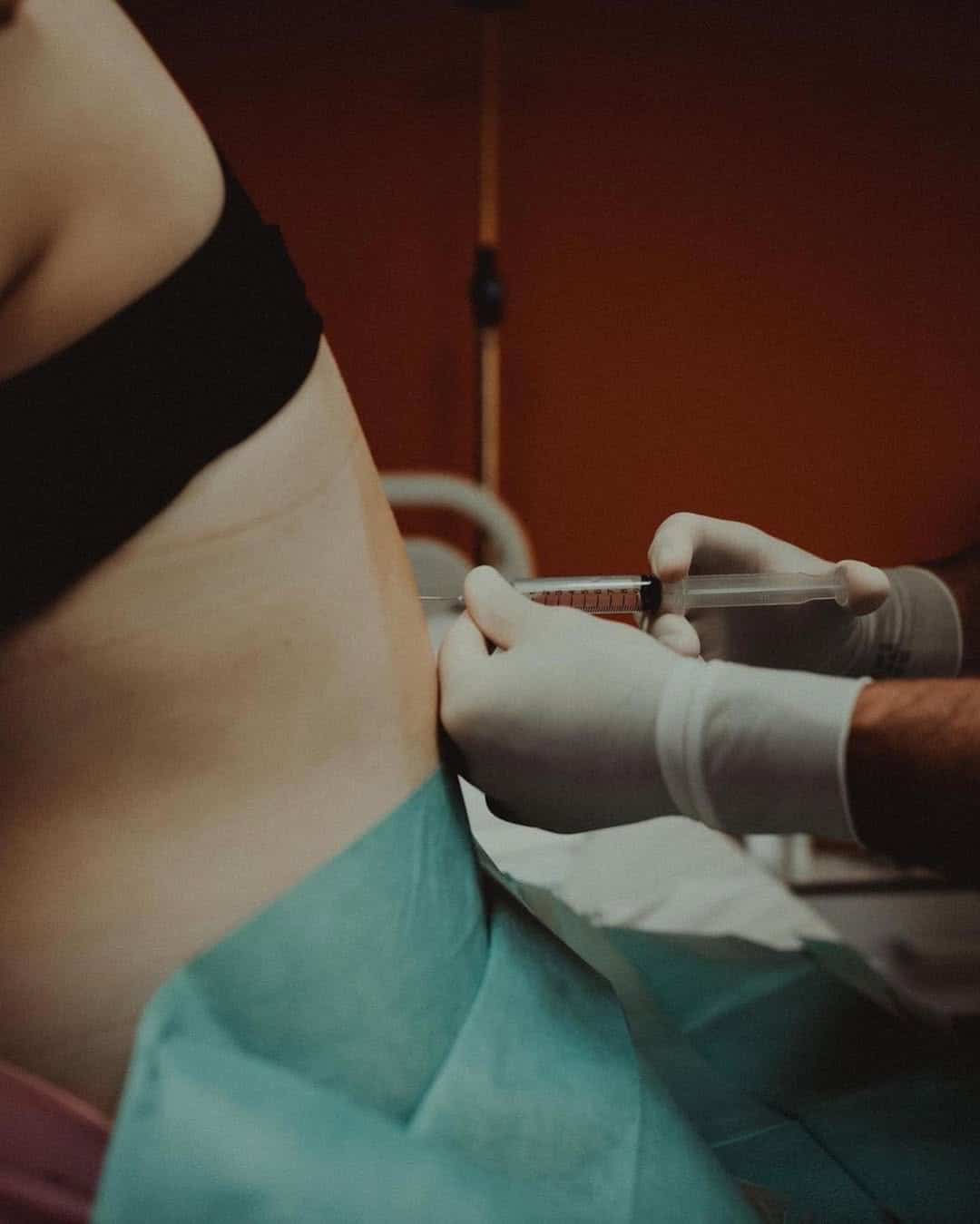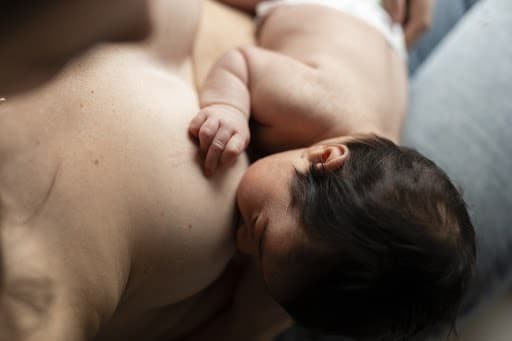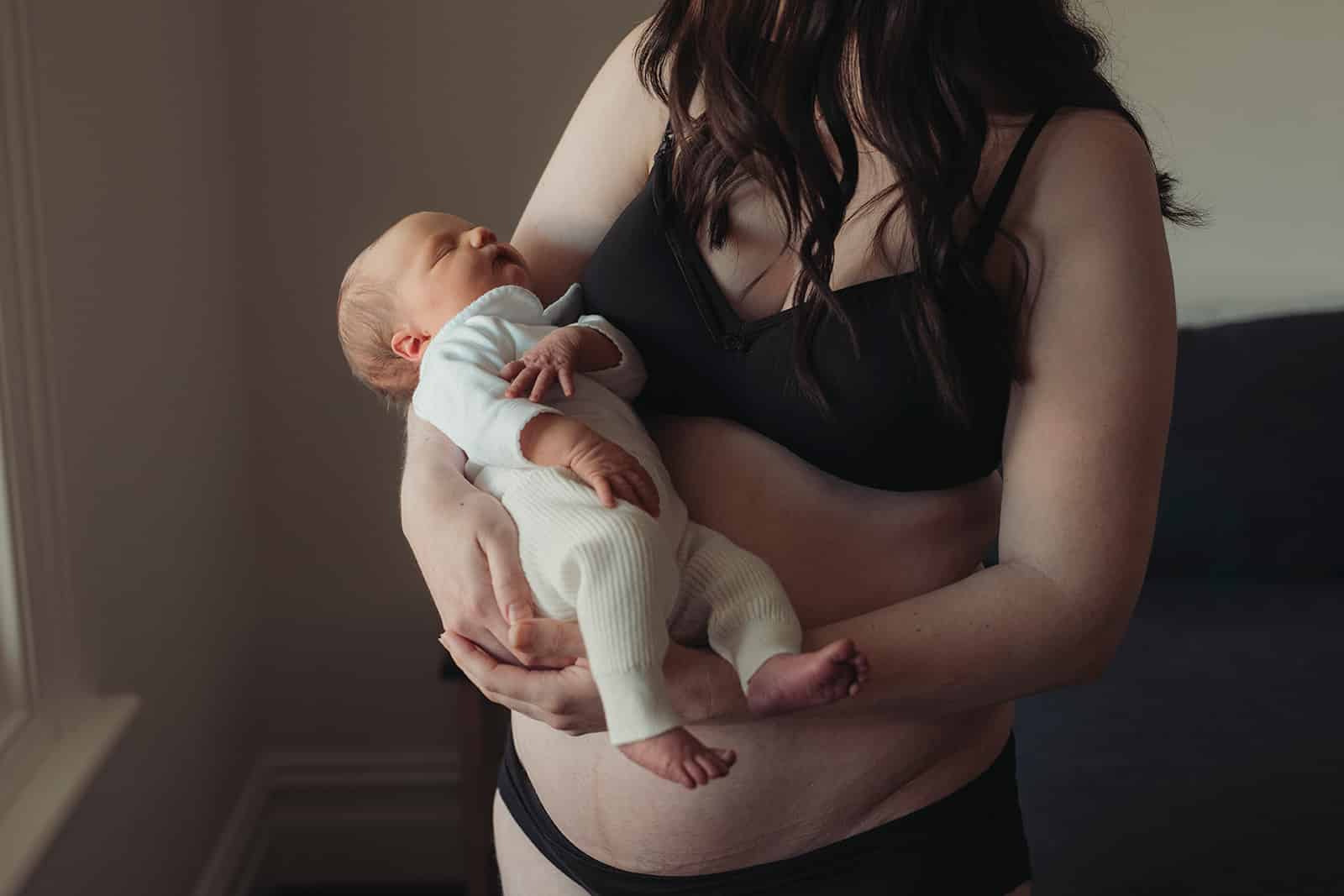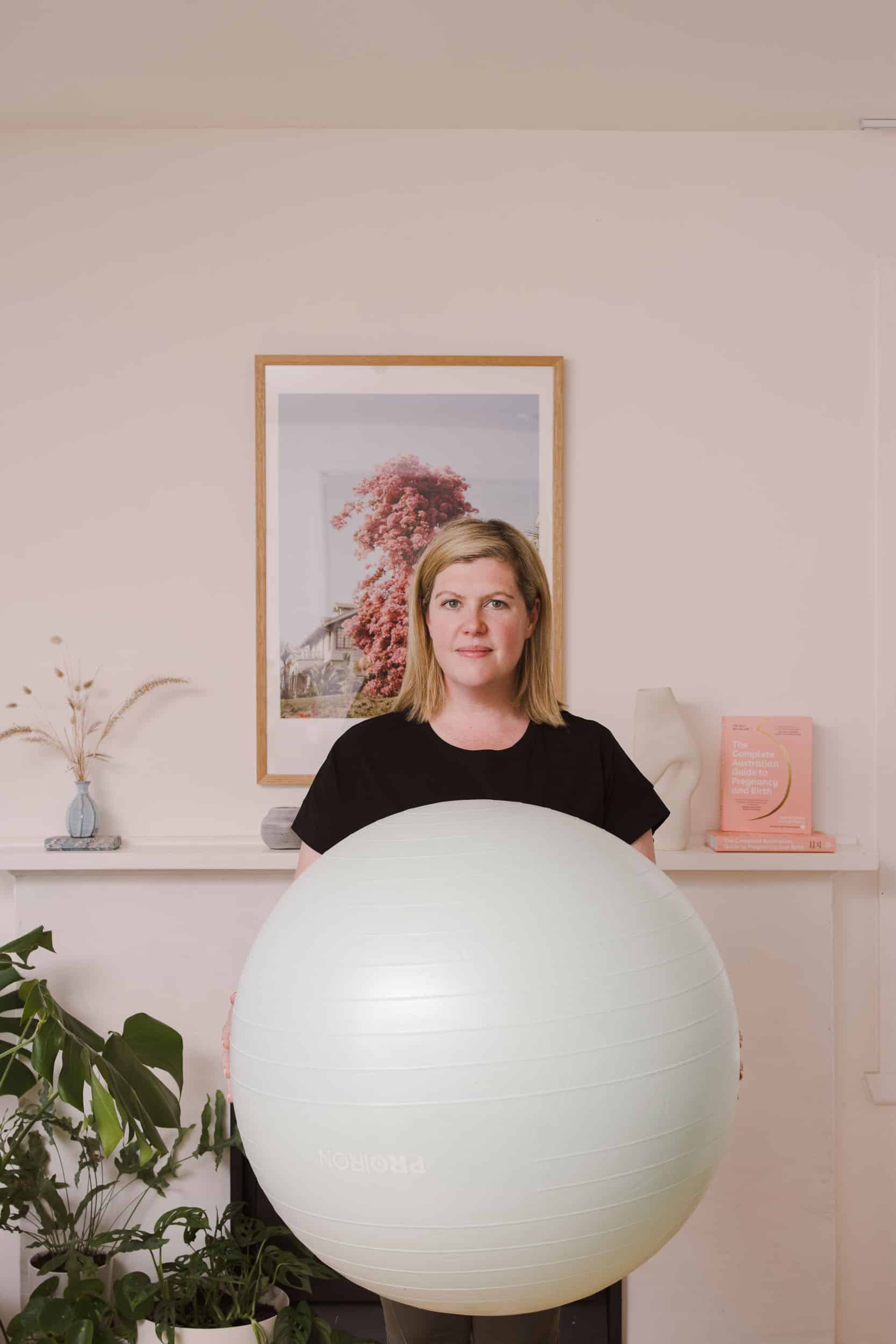Birth 5 Signs of Early Labour
5 Signs of Early Labour

Was that something? Is this it? That felt different! Oh, I think that might have been a contraction… Here are five signs that you could be in early labour
Am I in labour?
If you’re nearing the end of your pregnancy or you’ve gone past your estimated due date, chances are you’re thinking that every little twinge and symptom is a sure sign of imminent labour. There is no definitive answer as to when early labour will commence nor is there a predictable timeline to follow which can be really frustrating, especially if you’re wary of a looming induction. It’s for this reason that I really encourage you to surrender to the experience; early labour is as unpredictable as birth. The best thing you can do is embrace all the things that make you feel comfortable, happy and relaxed; doing so reduces stress and adrenaline which gives oxytocin – the key driver of contractions – the opportunity to flow and kick start labour. If you want some tips on how to pass the time, read my post on Zwischen (the last few days of pregnancy) – a very distinct time that often goes unrecognised.
It’s good to remember that early labour can often go on unnoticed for days as your body does all the subtle yet important work of preparing. Now is a good time to remember that your body knows exactly how to do this, you just need to sit back and trust the process. The following symptoms can definitely indicate that labour isn’t too far away:
5 Signs of Early Labour
Irritability: a rise in the hormone oxytocin can definitely make you feel irritable but consider this a really good sign. When your baby signals that he’s ready to be born your body responds by releasing oxytocin (commonly referred to as the ‘love hormone’) which prompts the first contractions. Now is the time to let go, cry, stomp and release. Let the oxytocin flow!
Loose Bowels: if you’ve noticed that you’re going to the toilet more frequently, if your stools are loose or you have diarrhoea, your body is essentially clearing out and preparing for labour.
Mucous Plug: your mucous plug sits in your cervix throughout your pregnancy to prevent bacteria from reaching your baby (consider it an extra layer of protection). As your cervix thins and shortens before it starts to dilate, your mucous plug will dislodge and come away, either in one clump or in a few bits at a time. This is an encouraging sign that your body is warming up for labour but it can also mean that there are still days till things really kick off. If your mucous plug is a bit bloody (just a bit, not a lot), this is known as a “bloody show” and you can expect labour to begin very soon. If there’s a lot of blood (more than 2 tablespoons or it looks a bit green or brown) or if you are under 37weeks, you’re best to contact your care provider immediately.
Lower Back Ache: of course, your lower back will naturally be achy at the end of pregnancy because the hormone relaxin has softened all your ligaments in preparation for labour and your baby is increasingly heavy. Often labour starts in your back, not your belly, and will manifest as a dull ache or increased pressure; try some gentle cat stretching on all fours to release any tension and surrender to the experience.
Nesting: the primal urge to “feather your nest” in preparation for your baby’s arrival is a really healthy sign that labour is imminent. You may also notice that you have a heightened sense of smell or hearing; your senses are on alert! You will typically want to cocoon and not talk to anyone outside your home; you’re turning inward in preparation to get into the private, quiet, safe labour space. And lastly, if you have a pet that all of a sudden won’t leave your side, you can presume their protective tendencies are very aware that something is changing.
Extreme fatigue:
Many women find they feel exhausted right before going into labour. If you are feeling particularly tired in the third trimester, it could be a sign your body is preparing for birth.
If you’d like to learn more about when to go to the hospital you might like to check out this article.
When do you get early signs of labour?
It’s important to note that every pregnancy is unique, and not everyone will experience all of these signs. Even if you have had a baby before, there’s no way of predicting when and how your labour will start. Most women experience the early signs of labour between 37 and 42 weeks of pregnancy.
When does it become labour?
You are in labour when your contractions become regular. You will probably need to go to the hospital when your contractions are 5 minutes apart (measured from the start of one contraction to the start of the next).
Usually, you are in labour when your contractions become regular. You should let your intuition guide you; remember that you know your body better than anyone. If you feel like you need to go to the hospital or you no longer feel safe or comfortable at home, you have every right to call your care provider and let them know that you’re on your way.
What are the signs that something is wrong?
If you suspect you are in labour, contact your healthcare provider for guidance. They will ask you about your symptoms and may instruct you on when to come to the hospital or birthing centre.
Categories
Related Products
-
The Birth Class
108 reviews$249.00The empowering online childbirth education program that will help you confidently prepare for birth.
Get your copy of our Perineal Massage Guide in your inbox
Keep Reading
We think you might enjoy these articles
@AustralianBirthStories
Follow along with us
@AustralianBirthStories
Follow along with us
@AustralianBirthStories
Follow along with us
@AustralianBirthStories
Follow along with us
@AustralianBirthStories
Follow along with us
@AustralianBirthStories
Follow along with us
@AustralianBirthStories
Follow along with us
@AustralianBirthStories
Follow along with us
@AustralianBirthStories
Follow along with us
@AustralianBirthStories
Follow along with us
@AustralianBirthStories
Follow along with us
@AustralianBirthStories
Follow along with us
